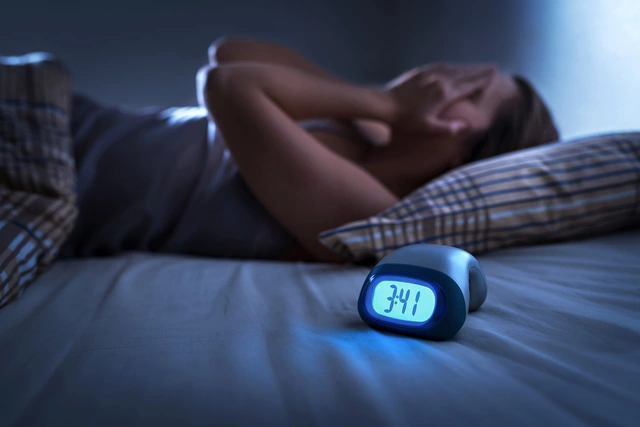Anxiety Treatment: Practical Tips, Meds, and Natural Options
Feeling on edge is normal, but when anxiety gets in the way of work, sleep, or relationships you need a plan. This page gathers clear, practical advice and guides from eDrugstore.com so you can find fast relief, understand medication options, and pick safe natural alternatives.
Fast tools you can use now
When anxiety spikes, a few simple actions calm your body quickly. Try box breathing: inhale 4 seconds, hold 4, exhale 4, hold 4. Repeat for three cycles. Grounding helps too—name five things you can see, four you can touch, three you can hear. These tricks lower your heart rate and give your mind something concrete to focus on.
For performance anxiety—like public speaking—some people use propranolol to steady tremors and racing heart. If you prefer non-prescription options, our guide on natural alternatives to propranolol covers L-theanine, breathing practice, and mindfulness techniques that many find helpful without a prescription.
Medications and when they matter
Medications can make a big difference when anxiety is persistent or severe. First-line options usually include SSRIs and SNRIs, which treat generalized anxiety, panic disorder, and many forms of social anxiety. Short-term tools like benzodiazepines work quickly but have addiction risks, so they’re often used sparingly.
Beta-blockers such as propranolol help with physical symptoms but don’t treat the thoughts that feed anxiety. For mood-linked anxiety, some people find mood stabilizers like lamotrigine useful—our article on buying Lamotrigine explains uses and safety considerations. If you or a caregiver are comparing meds, read the posts about hydroxyzine alternatives and panic disorder and depression to get a clearer picture of trade-offs and side effects.
Always ask a clinician before starting or switching meds. If cost is a concern, we also review safe online pharmacy options and prescription savings hacks so you can access treatment affordably.
Therapy matters. Cognitive Behavioral Therapy (CBT) teaches skills to change anxious thoughts and behaviors, and exposure therapy helps with specific fears. Many people combine therapy with medication for better long-term results.
Watch for red flags: if anxiety makes you avoid life, causes panic attacks more than a few times a week, or brings thoughts of harming yourself, see a doctor or emergency care right away. Those signs mean you need prompt, professional help.
Want to learn more? Browse our related guides on performance anxiety, medication alternatives, and practical coping steps. Each article gives real-world tips, safety notes, and questions to ask your clinician so you leave appointments clear about next steps.
If you’re unsure where to start, try one quick breathing exercise, schedule a primary care or mental health visit, and skim one article here that matches your situation. Small steps add up, and finding the right mix of tools can make anxiety manageable again.




